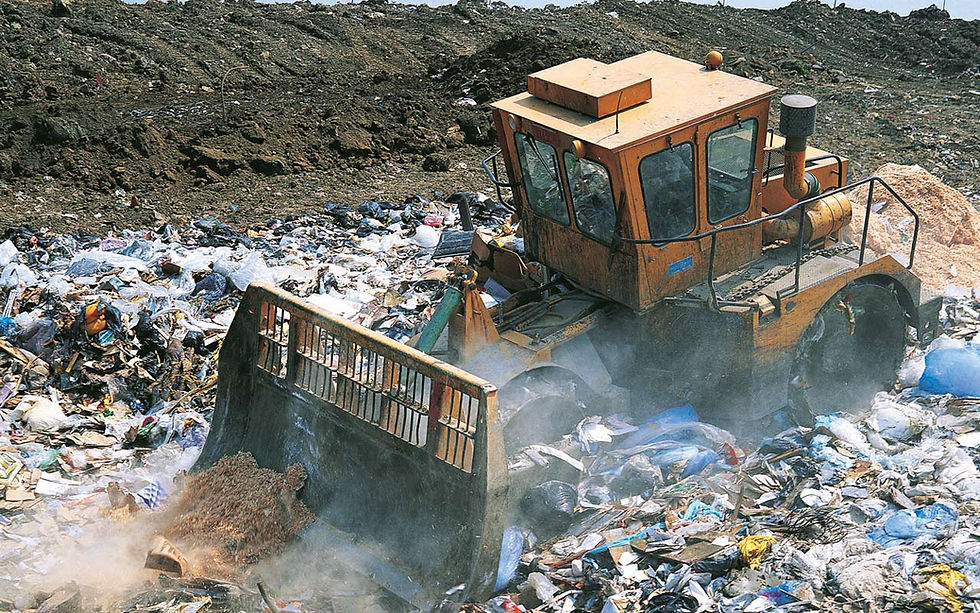Now, more than ever, fast fashion is on the rise. Due to the influences of social media, fashion trends change like clockwork. The fashion industry responds to this urgent need with cheaply made clothes that have fewer wears. At the beginning of the 21st century, consumers bought 50% less clothing than consumers now and wore it for two times longer than they do today. These rapidly changing fashion trends damage the environment by filling up landfills and polluting waterways when these clothes are thrown away. According to the Ellen Macarthur Foundation, “a truckload of abandoned textiles is dumped in landfill or incinerated every second” which affects the environment as a result. During the production stage of these fast fashions, harmful emissions are released from textile factories. The UN reports that many of these textile pollutants have created a “triple planetary crisis” along with other waste and emissions. They continue their report by saying “Plastic fibres are polluting the oceans, the wastewater, toxic dyes, and the exploitation of underpaid workers.”
According to The United Nations Environment Programme (UNEP website, it is spearheading an initiative towards a zero waste world. They partnered with Kenyan spoken word poet Beatrice Kariuki to shed light on high-impact sectors where consumers can make a real difference.
“We need circular industries where old looks are made new,” Kariuki says in the video. “Less packaging, more reuse. Threads that last.”
As reported by the UN, not only have these cyclical fashion brands created a pollution crisis, but also a human rights and labor crisis. Many of the textile factories that produce these clothes are “sweatshop” environments. The workers who make these textiles work in dangerous conditions and are paid very little for their labor.

During the UN’s Climate Conference discussions around a more sustainable fashion industry and how it would look took place. This event circulated the idea of ‘Circular Systems for a Net Positive Fashion Industry’, which would lead to fewer environmental pollutants and the abandonment of the fast fashion business model. One way to reach the UN’s goal of a net-positive fashion industry is the reuse of textiles in the fashion industry. This means crafting old clothes and fabrics into new pieces to ensure the maximum use of textiles.
Another solution to our social environmental problems has been thrifting and consignment. Thread Local 360 now offers a better option-- clothing exchanges. By donating and exchanging clothing pieces, we can ensure that clothing is getting the maximum amount of wear and use. By donating and exchanging clothing pieces, you can ensure that your clothing gets the maximum amount of wear and uses, rather than contributing to a mounting problem.
ThreadLocal360 is the only truly sustainable fashion option where environmentally-conscious shoppers participate in clothing exchanges in a clean, inviting, upscale setting. If you love premium & designer brands, but also want to participate in sustainable fashion practices, ThreadLocal360 is the best shopping option for you. As global citizens, it is our job to do what we can for our environment and future generations, and at ThreadLocal360, our mission is to make a cleaner environment by ending fast fashion pollution; To elevate the secondhand shopping experience in order to drive the cultural shift toward fashion circularity while increasing awareness about the waste and pollution caused by the fashion industry. Our tribe is on a mission and we would love for you to join us.

Comments